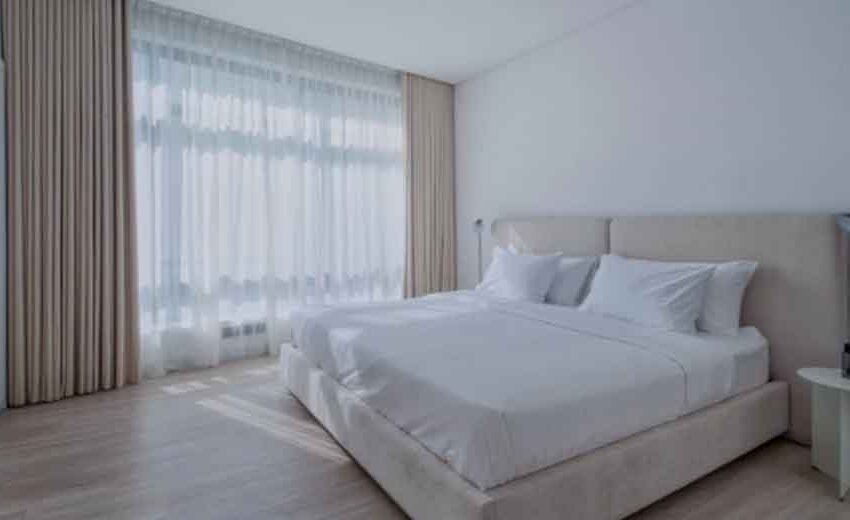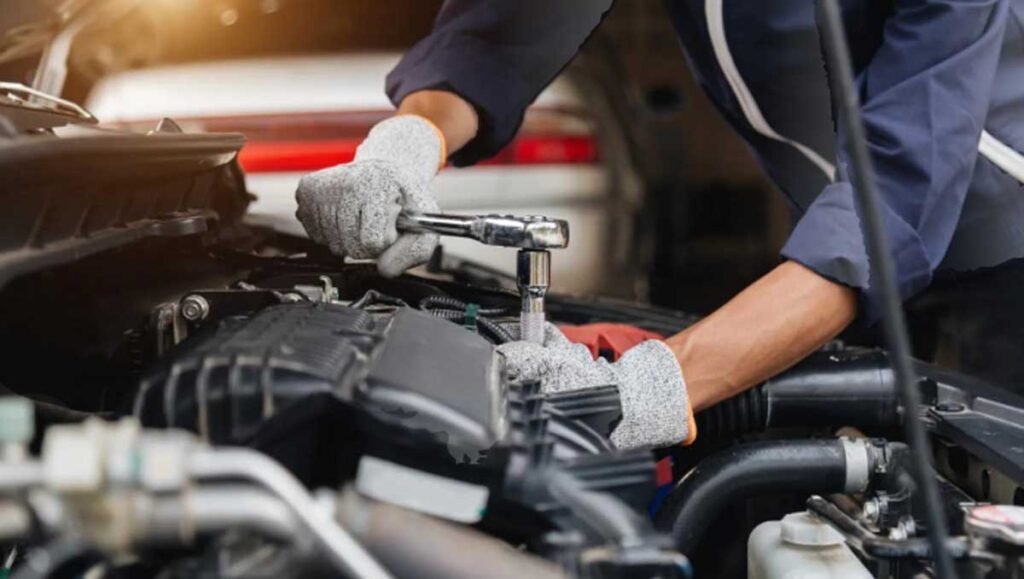Your AC Is Working Overtime—Here’s Why That’s a Problem

If your energy bill has gone up this summer, you’re not alone. Many homeowners in Dyker Heights, NY, are seeing big jumps in their monthly costs—even if their daily routines haven’t changed much. The likely reason? An air conditioning system that’s running more than it should.
When temperatures rise, it’s normal for your AC to work harder. But if it seems like it’s never turning off, or it’s running longer than it did last year, that’s a red flag. A system that constantly runs isn’t just annoying. It drains power, increases wear and tear, and often signals that something deeper is going wrong.
Many people assume their AC is just doing its job. But long run times are often a symptom, not a solution. The good news is that you can usually fix the problem without replacing your entire unit. To do that, though, you need to understand what’s causing the stress in the first place.
Let’s look at the most common reasons your AC might be working overtime—and how to fix them.
1. Skipping Maintenance Adds Up Over Time
Regular maintenance is the most overlooked part of AC care. Without it, small problems turn into bigger ones. A dirty coil, loose part, or low refrigerant level might not shut your system down, but it will make it run longer.
Professional tune-ups check every part of your system for signs of trouble. A qualified technician can clean the coils, check airflow, and test for hidden leaks. These visits help prevent unexpected issues and keep the system running efficiently.
If it’s been more than a year since your last check-up, it’s time to schedule one. A licensed air conditioning contractor in Dyker Heights, NY can spot the warning signs early and help extend your system’s life.
2. Aging Systems Lose Their Edge Over Time
If your air conditioner is more than 10 years old, it may no longer be running efficiently. Even with regular cleaning and filter changes, older systems have to work harder to cool the same space. Internal parts wear out. Coils become less effective. Sensors lose accuracy.
Technology has also changed. Newer models are built to handle more extreme heat and use less energy while doing it. Older units, especially those installed before efficiency standards improved, are simply not built for long, modern summers.
When your AC has to run nonstop just to maintain a basic temperature, it’s a sign that the system isn’t up to the job anymore. If repairs aren’t helping, upgrading might save you money in the long run.
3. Dirty Air Filters Make Cooling Harder
Your air conditioner relies on clean air filters to move air freely. When those filters are clogged with dust, dirt, and debris, airflow is restricted. That forces the system to work harder, and for longer, just to push air through your ducts.
This leads to poor cooling, higher bills, and sometimes even ice on the indoor coil. Many homeowners forget to check their filters regularly, especially during peak usage.
The fix is simple: check your filter every month during the summer. If it looks dusty, replace it. Filters are cheap, and staying on top of this task can make a big difference in how long your AC runs each day.
4. Leaky Ducts Waste Energy and Time
Your ducts carry cool air from the AC unit to the rooms in your home. If there are gaps, cracks, or loose connections in those ducts, a lot of that cool air never makes it where it’s supposed to go. The system compensates by running longer.
In some homes, 20% or more of conditioned air is lost due to leaks in the ductwork. That adds up quickly and can leave you wondering why your home still feels warm.
Sealing your ducts, especially in attics or crawl spaces, can help reduce wasted energy and ease the load on your AC. A professional can test your system and spot the leaks you can’t see.
5. Your Thermostat Might Be Misleading Your System
A thermostat acts as the brain of your cooling system. If it’s outdated, poorly placed, or not calibrated, it can give your air conditioner the wrong instructions.
For example, a thermostat in direct sunlight or near a warm appliance can read the room as hotter than it is. That causes the system to stay on longer than needed. Even worse, if the thermostat isn’t reading correctly at all, the unit might keep running for no reason.
Smart thermostats solve this by learning your habits and adjusting automatically. Many also alert you when something isn’t working right. Upgrading to a newer model can reduce run times and improve overall comfort.
6. The Outdoor Unit Can’t Breathe Properly
Your AC system has two main parts: the indoor air handler and the outdoor condenser. If the outdoor unit is surrounded by dirt, weeds, leaves, or fencing, it can’t release heat the way it should.
When the condenser is blocked or dirty, it holds onto heat instead of pushing it out. This keeps your AC running longer to reach the same temperature. You might not notice a change right away, but your energy use will keep climbing.
Clear the area around your outdoor unit and rinse the coils with a garden hose once a season. Keeping it clean helps the system run shorter, more efficient cycles.
7. Poor Insulation Lets Cool Air Escape
Cooling your home is only half the job. Keeping that cool air inside is just as important. If your attic, walls, or windows aren’t properly insulated, the cold air your AC worked to create escapes quickly. That makes the system run again and again to keep up.
Gaps around windows, worn-out weather stripping, or old attic insulation are common sources of energy loss. Even small leaks can force your AC to run longer than it should.
Basic improvements like sealing cracks or adding foam insulation can reduce cooling loss. These are low-cost changes that make a big impact on system performance.
Many of these problems have simple fixes. Cleaning a filter, upgrading a thermostat, or sealing ducts can reduce run times right away. In other cases, it may take a professional to evaluate the system and make adjustments.
If you’ve noticed your cooling system never seems to shut off, don’t ignore it. Finding the cause early can save money, prevent breakdowns, and keep your home more comfortable all summer long.





